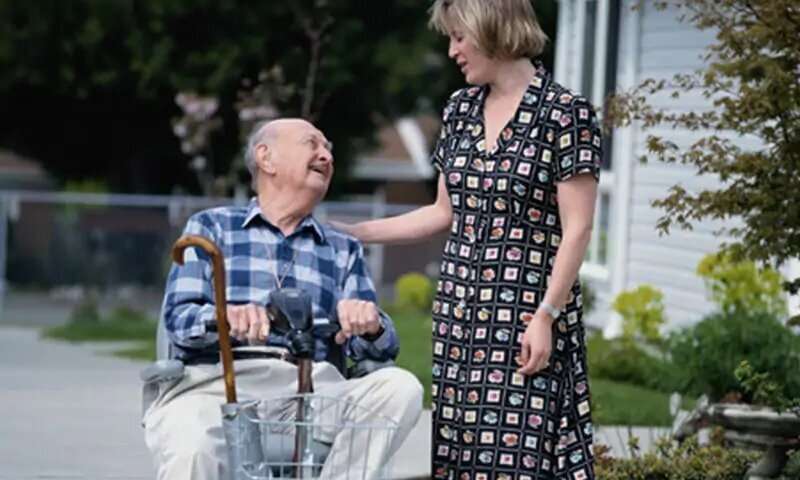(HealthDay)—Baby boomer caregivers more often have chronic health conditions and frequent mental distress (FMD) than noncaregivers, according to a study published online Aug. 13 in the U.S. Centers for Disease Control and Prevention Preventing Chronic Disease.
Christina E. Miyawaki, Ph.D., from the University of Houston in Texas, and colleagues estimated the prevalence of informal caregiving among baby boomers and compared health of baby boomer caregivers and noncaregivers using data from the Behavioral Risk Factor Surveillance System (2015 to 2017) for 44 states, the District of Columbia, and Puerto Rico. A total of 109,268 baby boomers were classified as caregivers or noncaregivers; their general health, chronic health conditions, and FMD were compared.
The researchers found that 24.2 percent of the baby boomers were caregivers. Compared with noncaregivers, male caregivers had a higher prevalence of fair to poor health (adjusted prevalence ratio, 1.17). Compared with noncaregivers, more caregivers had at least one chronic health condition and more often had FMD (adjusted prevalence ratios, 1.10 and 1.39, respectively).
"As people age, more baby boomers might serve as caregivers," the authors write. "To enable their performance in this role as long as possible, public health efforts are needed to support the caregiver role and enhance their health."
More information: Abstract/Full Text
Copyright © 2020 HealthDay. All rights reserved.






















